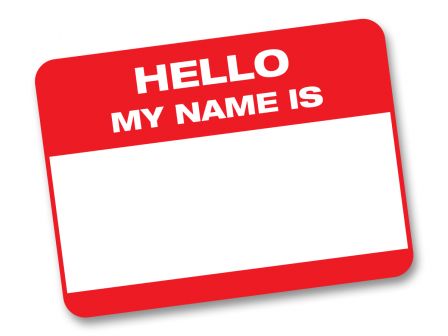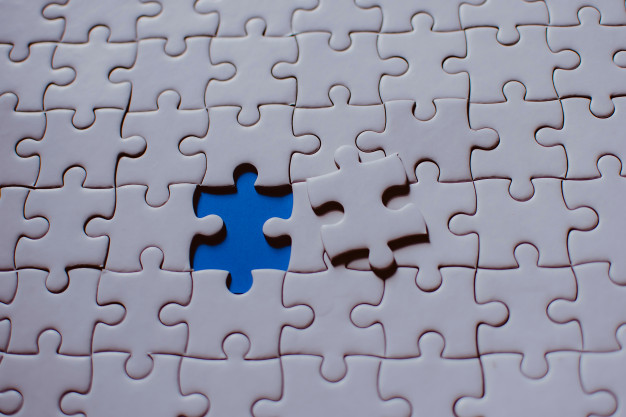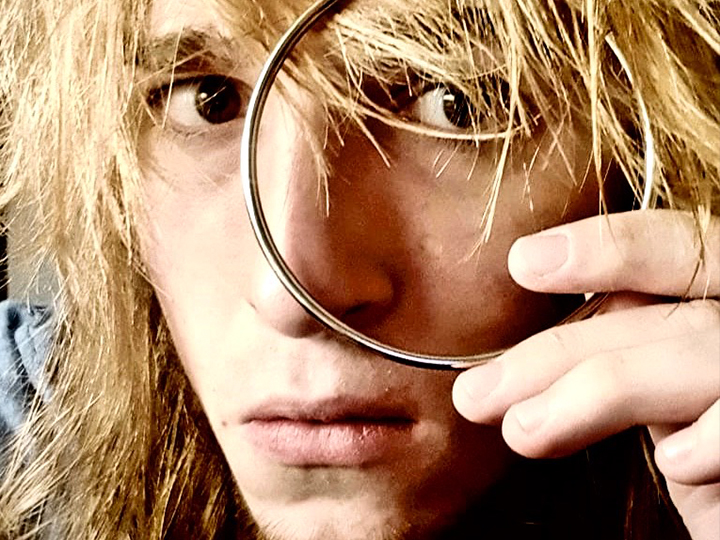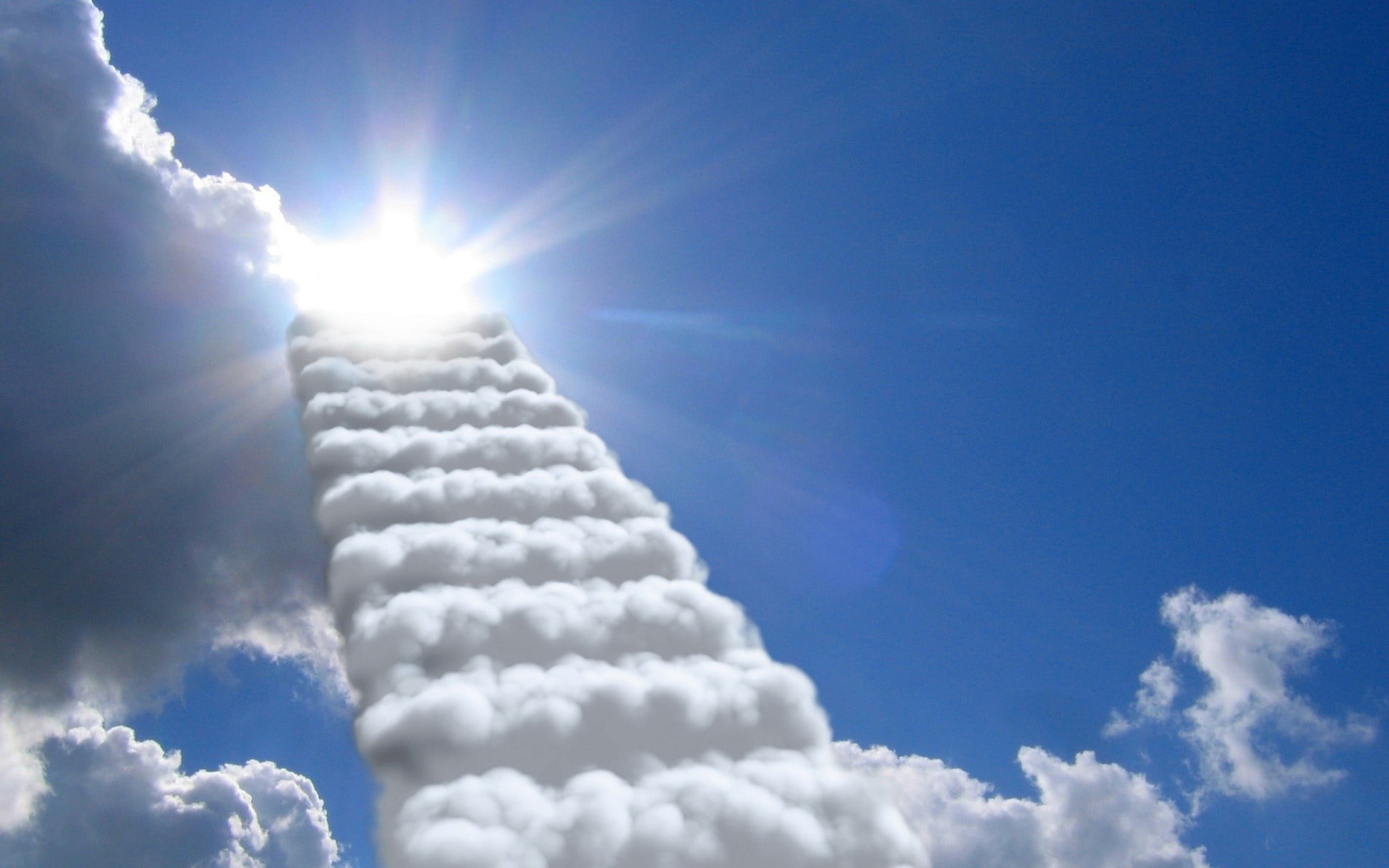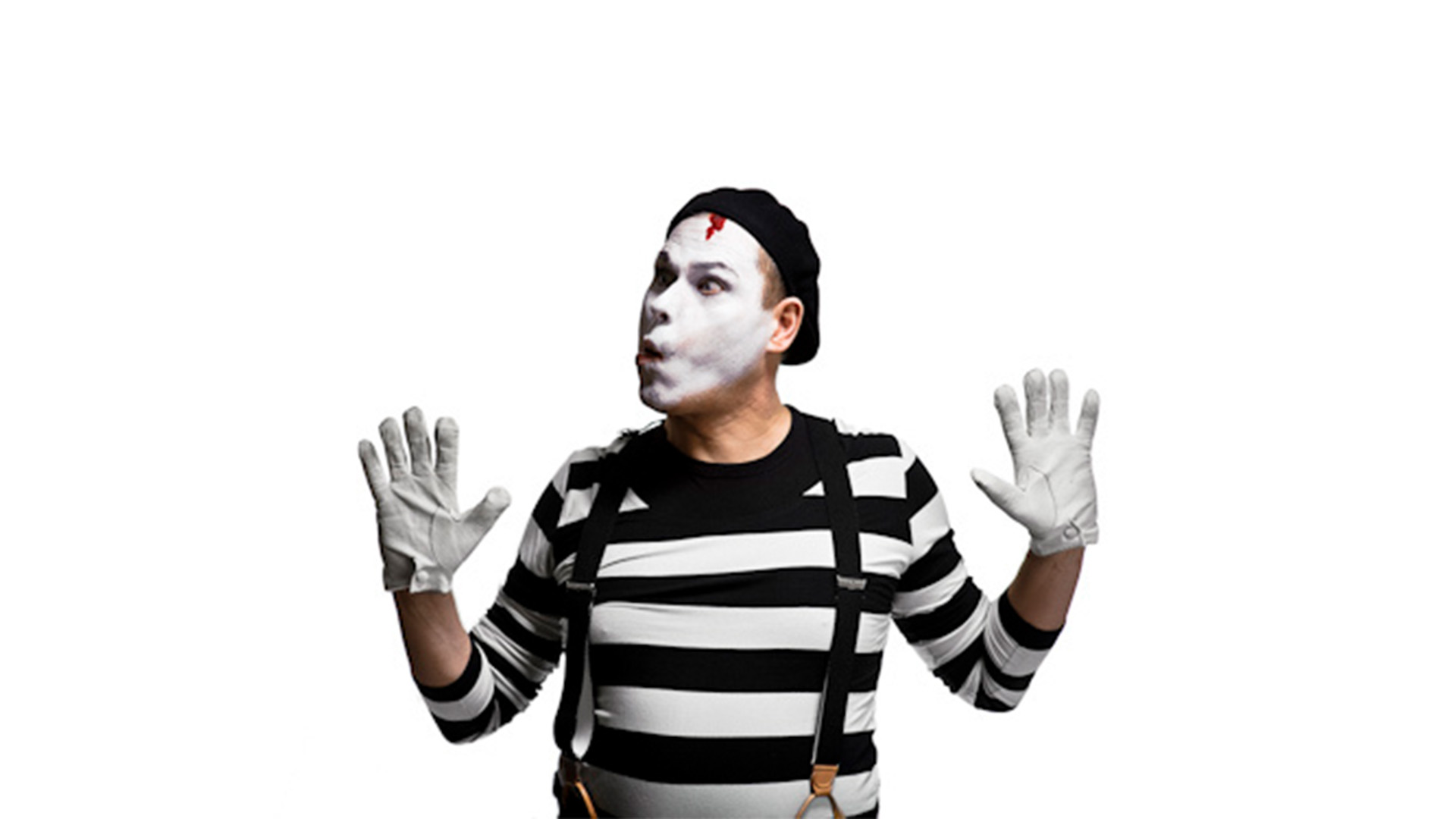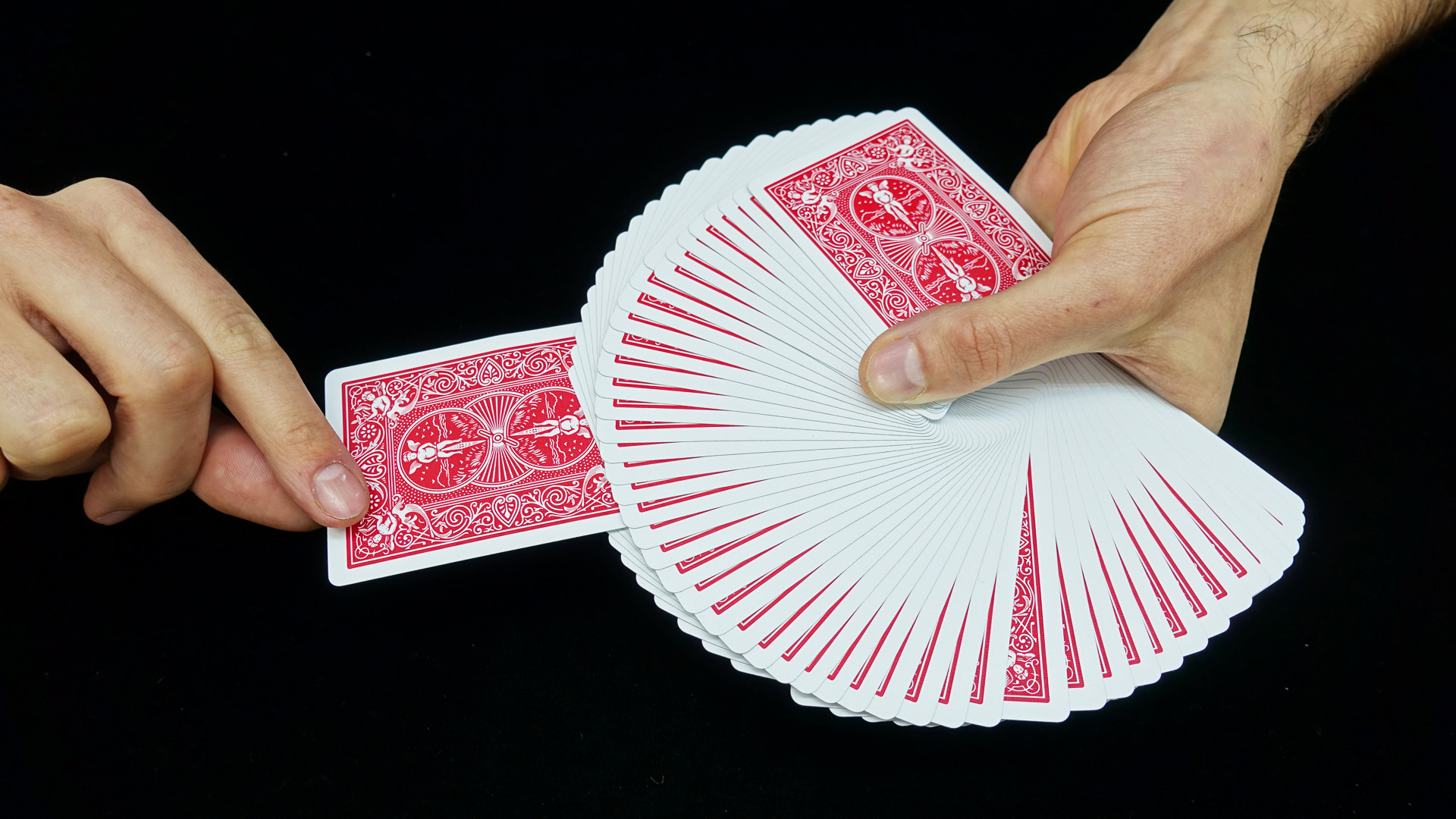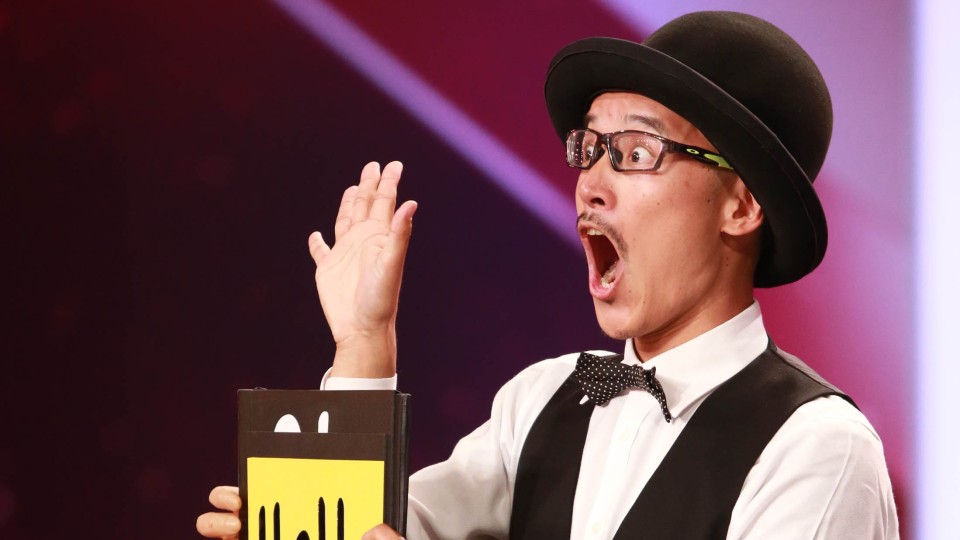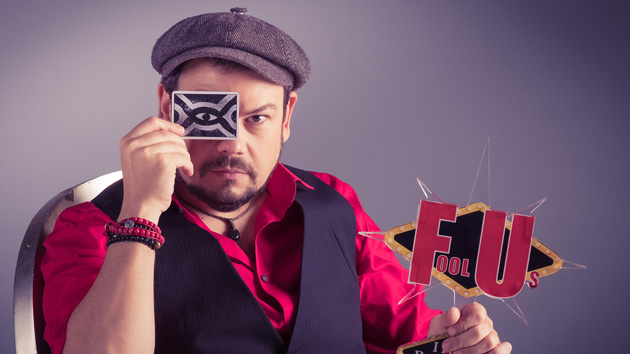“Be Natural” (Ponta’s blog)
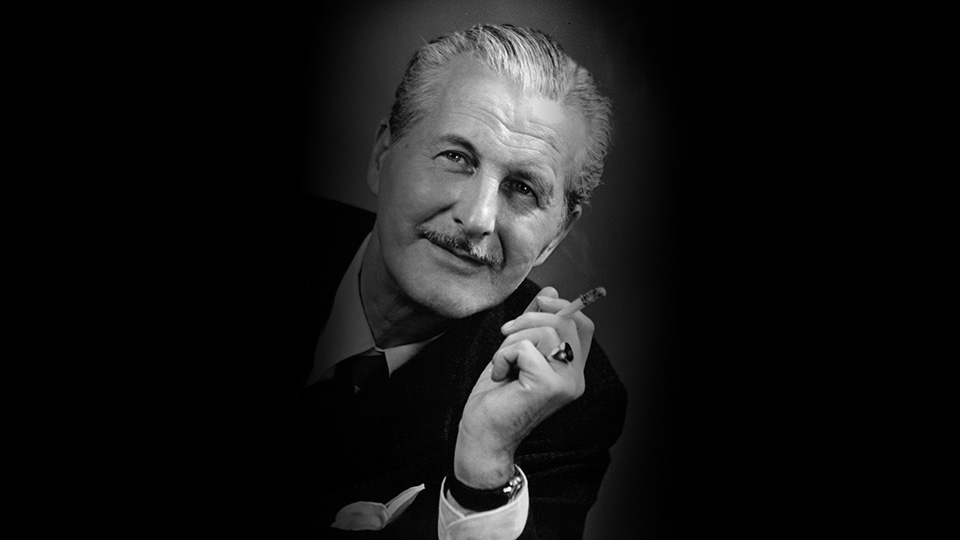
Vernon’s exhortation” Be Natural” has become almost a holy commandment among magicians. However, in magic, what we aim to produce is supernatural results. Which begs the question: why the need for naturalness? The answer becomes obvious when we realize that we are creating a kind of fiction. And an unnatural process will destroy this delicate fiction we are aiming to create. If we vanish a coin in an unnatural way, the likely suspect will be our unnatural movement as opposed to true magic.
We can only understand the concept of “natural” by contrasting it with that which is unnatural. In fact, perhaps the best way of defining it would be a lack of unnaturalness. Looked at in this light, we can easily rephrase Vernon’s advice as “don’t be unnatural!”.
But what is unnatural? Nature, just like humans, abhors waste. An excess of matter, distance, force, effort or time can all lead to a feeling of unnaturalness. Travelling from France to Spain via India isn’t natural, neither is spending 30 minutes to cook a meal consisting of nothing but instant noodles. However, we see something similar all the time in magic. And this is where the spectator feels that while they don’t know exactly what you did, they know you did something. And even when the effect goes largely as planned, that sense of mystery is destroyed. As magicians, this cannot be our baseline of acceptability. If the spectator knows we did something fishy (even if they couldn’t say what that was exactly) we should be chalking it up as a failure.
Of course, for the trick to work, we do have to do something. And while we need to do this naturally, what we mean here by “natural” is the external reality which the audience sees. The internal reality (i.e what we are doing behind the scenes) doesn’t have to be devoid of excess effort, movement or time, in fact it can be as ‘uneconomical’ as needed so long as the outward reality appears waste-free and natural. This divergence is what can sometimes give rise to the confusion over Vernon’s famous words. Magic exists on two planes at the same time (the internal and external realities) and it is the separation of these two worlds which allows us to create impossibilities. It can be very difficult stop the inner workings from interfering with the outward appearance, both technically and psychologically.
“Be natural” is often grouped together with another famous line, “be yourself”. To my mind, we have to be very careful when it comes to this advice. For example, there is one magician who I teaching, whose gestures when performing struck me as particularly clumsy and unnatural. On one occasion over coffee, I asked him to hand me something from the table. Just as in his performances, his actions were far from natural. It’s then that I realized, that this sense of unnaturalness was part of him. This is where “be yourself” can show its limitations. There are people who, if you’ll forgive the apparent contradiction, are naturally unnatural.
In the case of Slydini, I was told by Gene Matsuura that his off-stage mannerisms were the polar opposite of those seen in performance. It almost goes without saying, but there’s no rule stating that our performing style need mirror our everyday mannerisms. Of course, to those who know you outside of performing, this change in style may register as unnatural. But since as magicians we are, at the end of the day, actors of a sort, it is perfectly natural for this difference to exist. And while Slydini’s performance mannerisms were less natural than his everyday actions, they fitted his stage persona perfectly.
Context is also a big factor when it comes to naturalness. Objects floating on earth would be as far from natural as you could imagine, yet the same thing happening on the ISS would be entirely expected.
As I mentioned earlier, in general keeping wasted movement to a minimum is important for naturalness. However, for someone who naturally moves a lot, it would look out of place for them to cease this wasted movement only when performing a secret sleight. My father would often fall asleep while watching the baseball on TV, however the silence that followed whenever I switched it off would often be enough to wake him up. This is a small example of the fact that consistency is an important element of naturalness.
Dafidas B, a magician who specializes in “Kata” (an elaborate, highly-choreographed form of sleight-of-hand) once described his work to me as follows: “If everything you do is unnatural, there will be no unnatural moments”. Of course, that isn’t to say that everything should be unnatural. But there is a grain of truth to be found here. As humans, we will always have some degree of unnaturalness. If one were able to eliminate any hint of wasted movement, the result would surely come across as rather artificial. Just like body fat, while less is generally more, there is a natural sweet spot. However, when it comes to magic, most problems tend towards the heavier end of the scales, and a diet is sorely needed. While some magicians actively embrace the fat, this has to be a conscious decision and not the result of laziness.
In any case, it’s something well worth analyzing in your own magic. Whether adjusting your mannerisms to fit the method or vice-versa, naturalness is something that has to be viewed through a wide lens to truly understand and get the most out of.
Ponta the Smith

